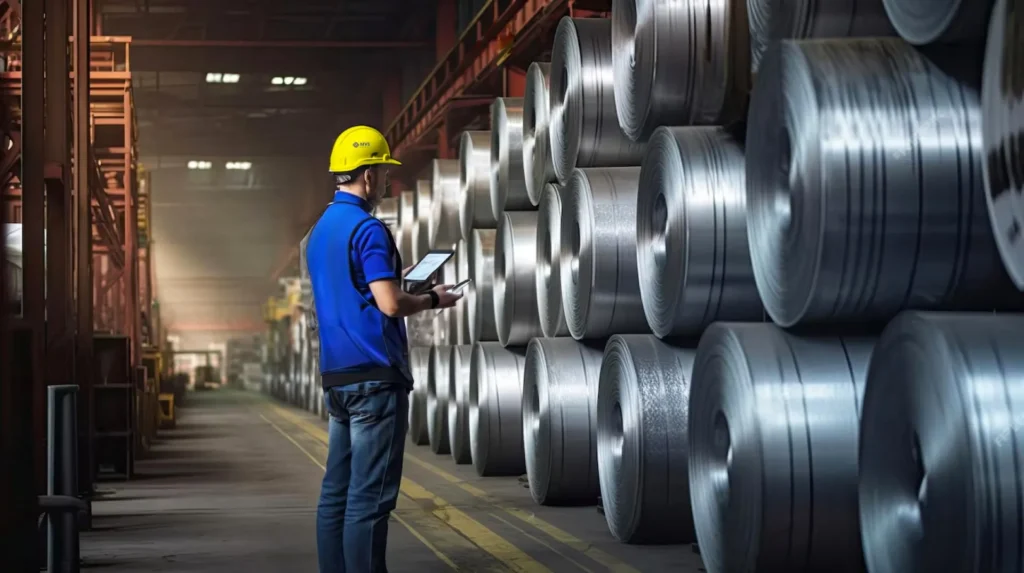Why LongTerm Contracts Matter
1. Stability in Supply: Longterm contracts provide manufacturers with stability in their steel supply chain. This stability reduces the risk of shortages and price fluctuations, ensuring production continuity.
2. Quality Assurance: By partnering with trusted suppliers, businesses can maintain consistent quality standards in their steel products. This is essential for meeting customer expectations and regulatory requirements.
3. Cost Efficiency: Negotiating longterm contracts often allows businesses to secure favorable pricing terms. This can result in cost savings over time compared to purchasing steel on the spot market.
Steps to Developing LongTerm Contracts
1. Identify Reliable Suppliers: Research and identify steel suppliers with a proven track record for reliability, quality, and ethical business practices. Consider suppliers’ capacity to meet your current and future demand requirements.
2. Negotiate Terms and Conditions: Define the scope of the contract, including product specifications, delivery schedules, and pricing mechanisms. Clarify responsibilities regarding quality control, inspection procedures, and dispute resolution.
3. Build Mutual Trust: Foster open communication and transparency with potential suppliers. Establish a mutually beneficial relationship based on trust, respect, and shared goals.
4. Include Flexibility: Incorporate flexibility clauses to accommodate changes in market conditions or unforeseen circumstances. Outline provisions for contract renewal, modification, or termination if necessary.
Benefits of LongTerm Contracts
Predictable Supply: Manufacturers can plan production schedules more effectively, knowing they have a steady supply of steel.
Risk Mitigation: Minimize the impact of market volatility and geopolitical factors on steel prices and availability.
Strategic Partnerships: Develop deeper relationships with suppliers, leading to innovation, efficiency improvements, and shared growth opportunities.
Developing longterm contracts with steel suppliers is not just about securing raw materials—it’s about forging sustainable partnerships that contribute to business stability and growth. By following a structured approach to contract development and nurturing strong supplier relationships, businesses can enhance their operational efficiency, reduce risks, and ultimately, deliver better value to their customers.
In summary, investing time and effort into building these partnerships can yield significant longterm benefits for your manufacturing or construction business. Embrace the opportunity to create lasting value through strategic supplier relationships.




